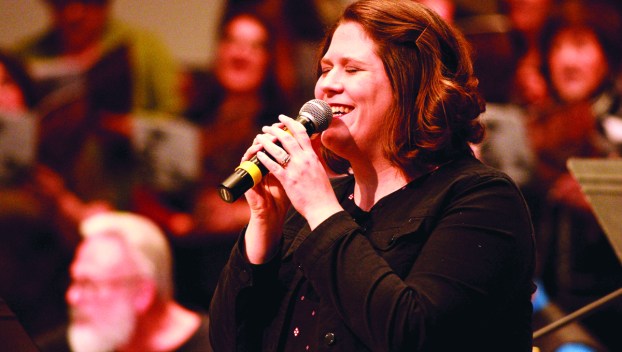
News
Community Thanksgiving service Sunday
Grace Baptist Church, 5990 Lexington Road, will open the doors of its recently-updated and expanded facility at 6 ... Read more

Grace Baptist Church, 5990 Lexington Road, will open the doors of its recently-updated and expanded facility at 6 ... Read more

Lee Cruse said he was a bad student when he was going through school in Clark County. He’s ... Read more

As the hole in the middle of North Main Street continued to grow with the scope of a ... Read more